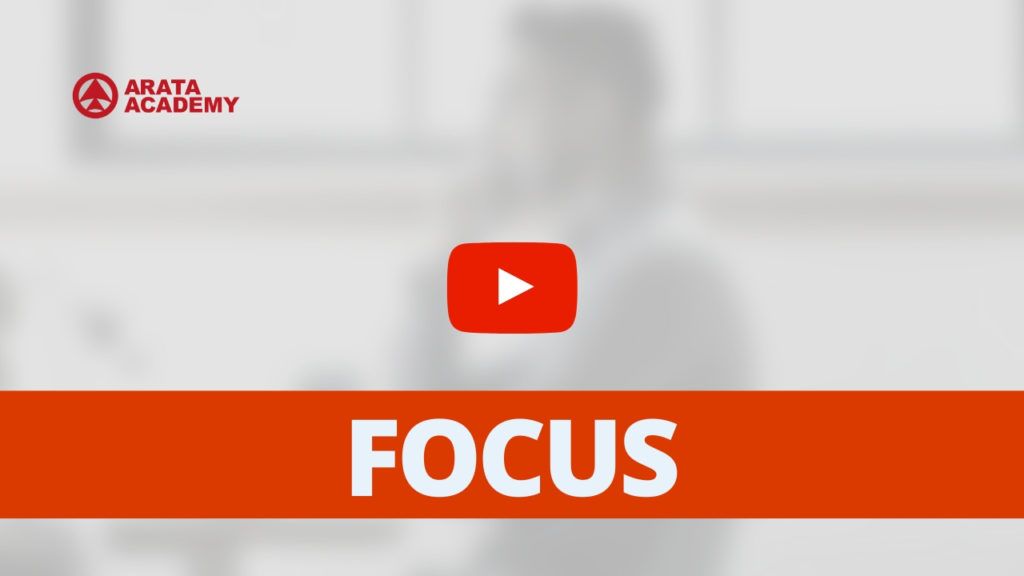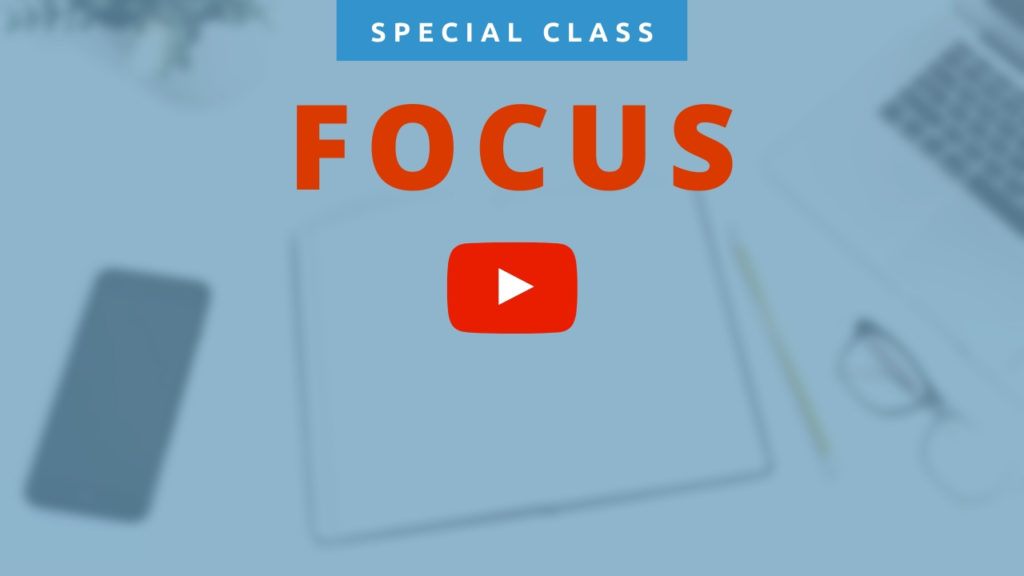Productivity Arata! You probably know the marshmallow experiment already, but there is something important about FOCUS that you may not know.
1. What is the marshmallow test?
Researchers at Stanford University played with children, and at some point they showed them a marshmallow and offered them a deal with two options.
The researchers then left the room for a few minutes. If, during that time, the children did not eat the marshmallow that had been left on the table, they could earn an extra sweet.
Either way, they would be allowed to eat the candy that had been left right in front of them. The question was, would they eat it STRAIGHT AWAY, or would they wait a few minutes to get two sweets?
Now imagine the situation, a kid alone with a sweet in front of them. What do you think would happen?
As you would expect, most kids could not bear to wait and immediately ate the marshmallow that had been left in front of them. There were a few children, however, who showed the discipline and the “long term” perspective to wait a few minutes and then win two sweets.
2. The value of knowing how to manage instant gratification
The best known outcome of the experiment is that it helped identify children who could fight the urge for instant gratification, and such behaviour later helped those children to become great professionals, people who have achieved more goals in life.
It is quite interesting, the studies that took place several years later have indicated that children who manage to control the instant gratification impulse also get better grades, have fewer problems with substance abuse, less obesity, and can better overcome stress and have better relationships.
Can you see the reason why?
3. Discipline and instant gratification
If I can control the need for instant gratification, I can stop myself from gorging on sweets and from watching excessive TV. I can train harder at the gym and study for longer periods with perseverance and discipline.
4. Focus, distraction and channelling
Now comes the interesting bit that few people know: how to deal with this need for instant gratification.
All children in the study were interested in getting two treats. That was the focus. But when they saw the sweet in front of them, it was a distraction.
What made it possible for the children to fight the temptation to lose focus was precisely losing focus, but with channelling.
Distraction is what takes away our focus and harms us. Channelling is also something that takes our focus, but it ultimately helps us.
As for the children in that small, closed room, waiting for the minutes to go by, if they had just stayed there, looking at the marshmallow that the scientist had left in front of them, the temptation would be too strong. They would have no means to overcome the distraction.
Some of them very intelligently switched their focus to playing with some objects that were in the room—playing with their nails, doing anything they could to keep their minds busy, channelling thoughts into something other than eating the candy that was in the room.
5. Reflection and practice
What does this have to do with you and your goals? Let’s think together.
What is your focus? What are your distractions? What can you use as channelling?
Are there things in your life that you know you shouldn’t do, and yet you do them? This is the equivalent of your marshmallow.
There is a need for immediate gratification within us, but when we have a long-term view, and we know how to control our impulses, we can achieve huge gains and benefits for life.
For that, it is important to know how to identify our true priorities and to count on good strategies to combat distractions and stay focused.
If you feel that it will be beneficial for you to learn how to increase your focus now, go to this link to improve focus, control distractions and use channelling intelligently.

